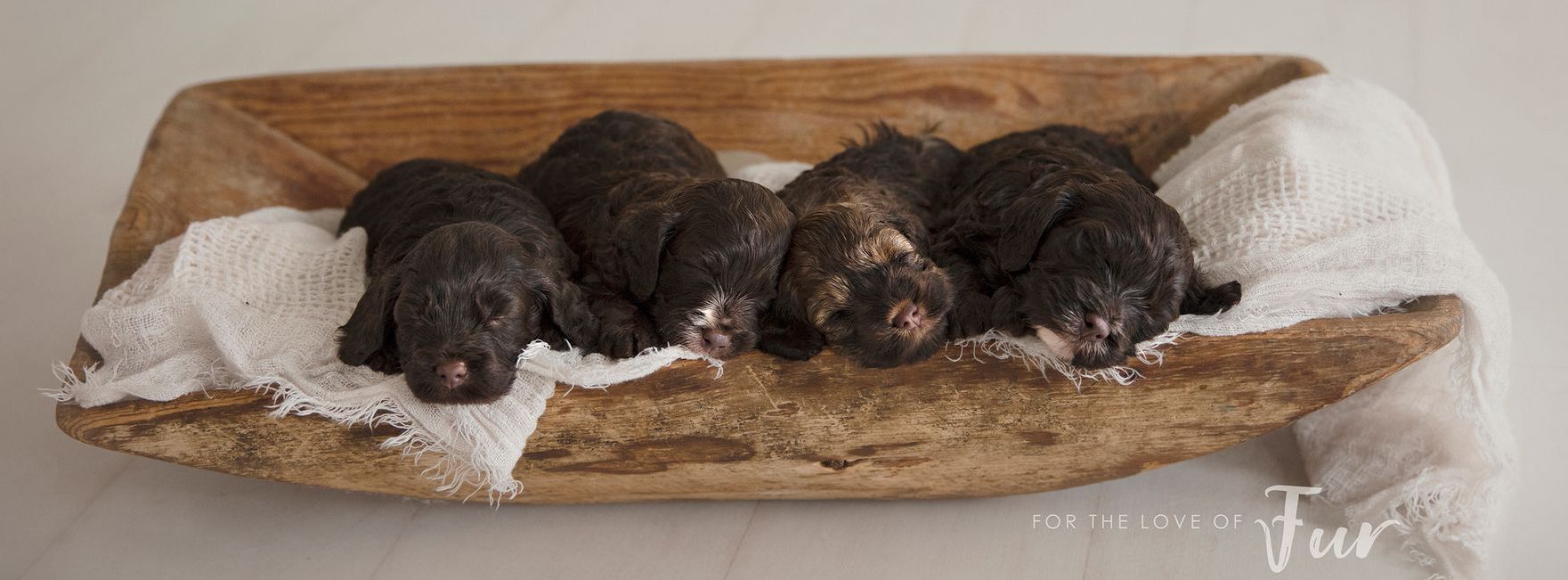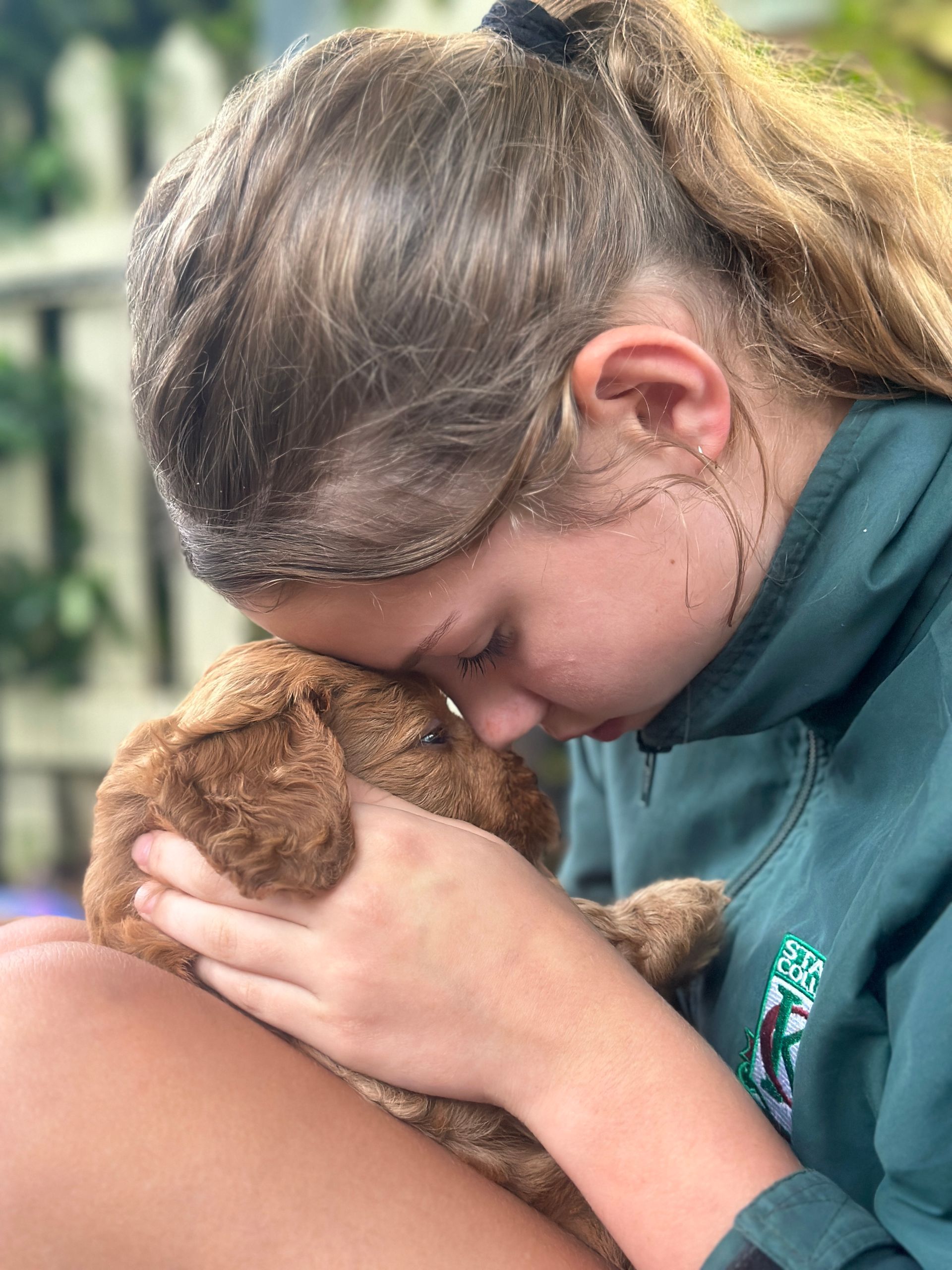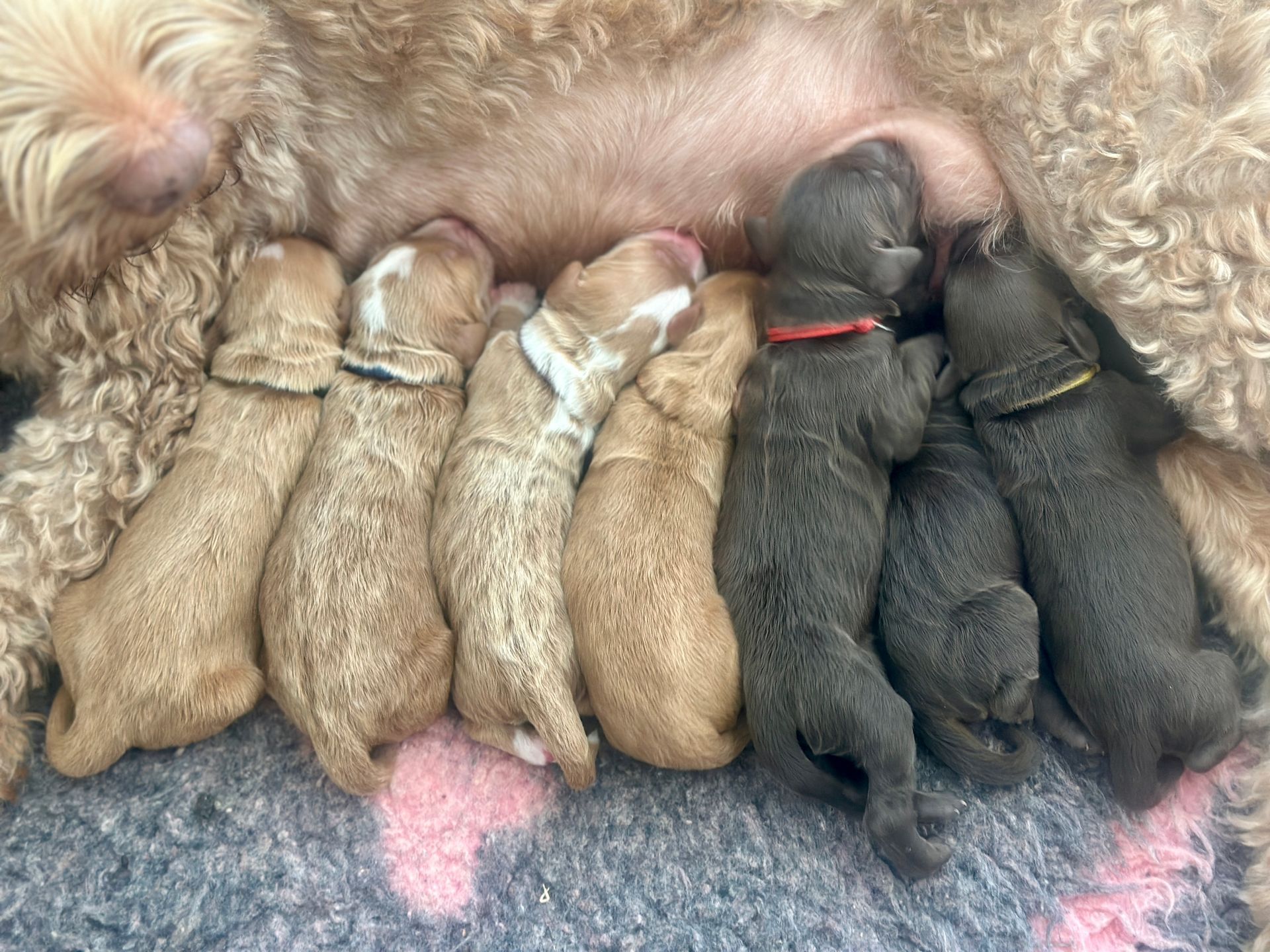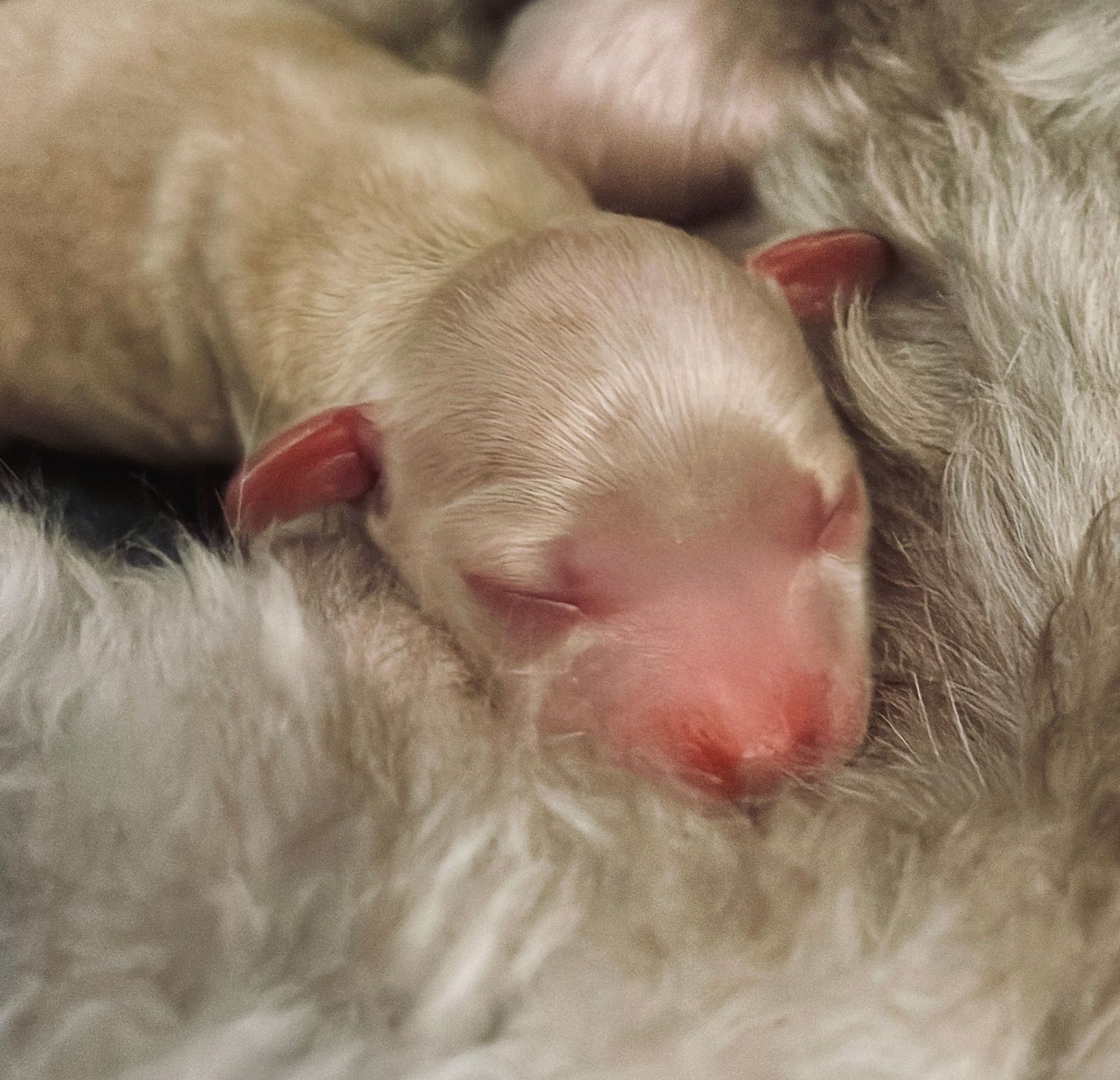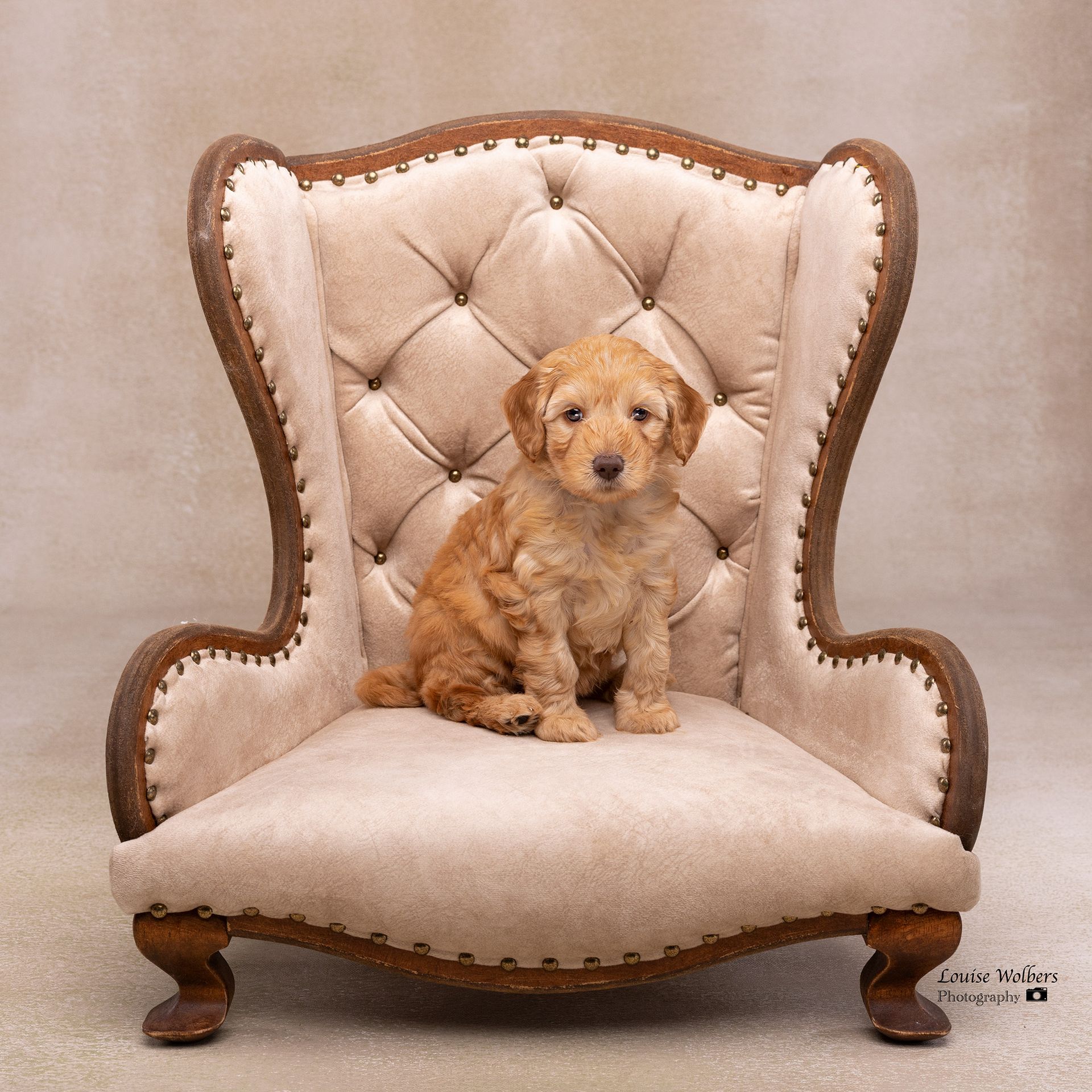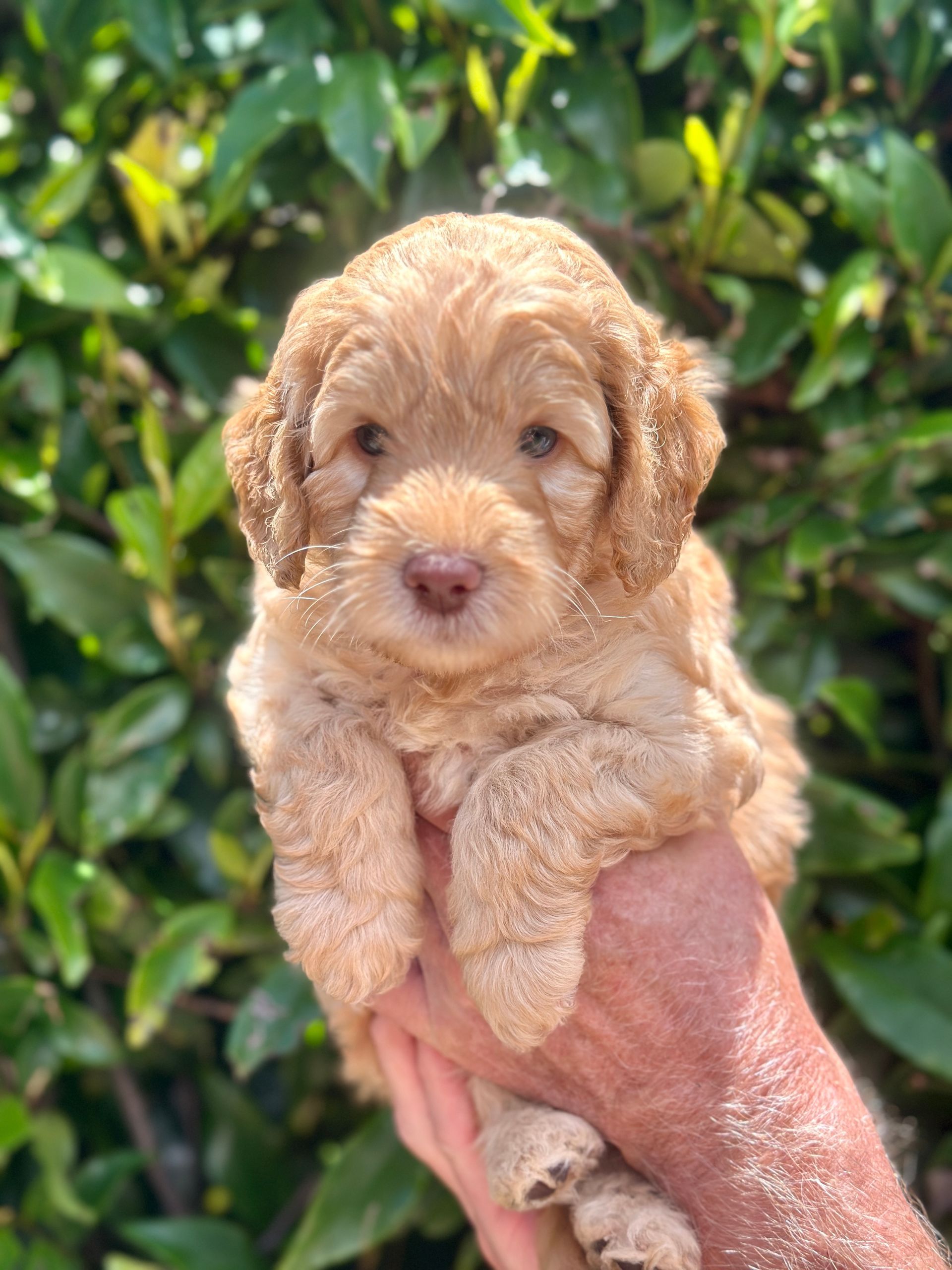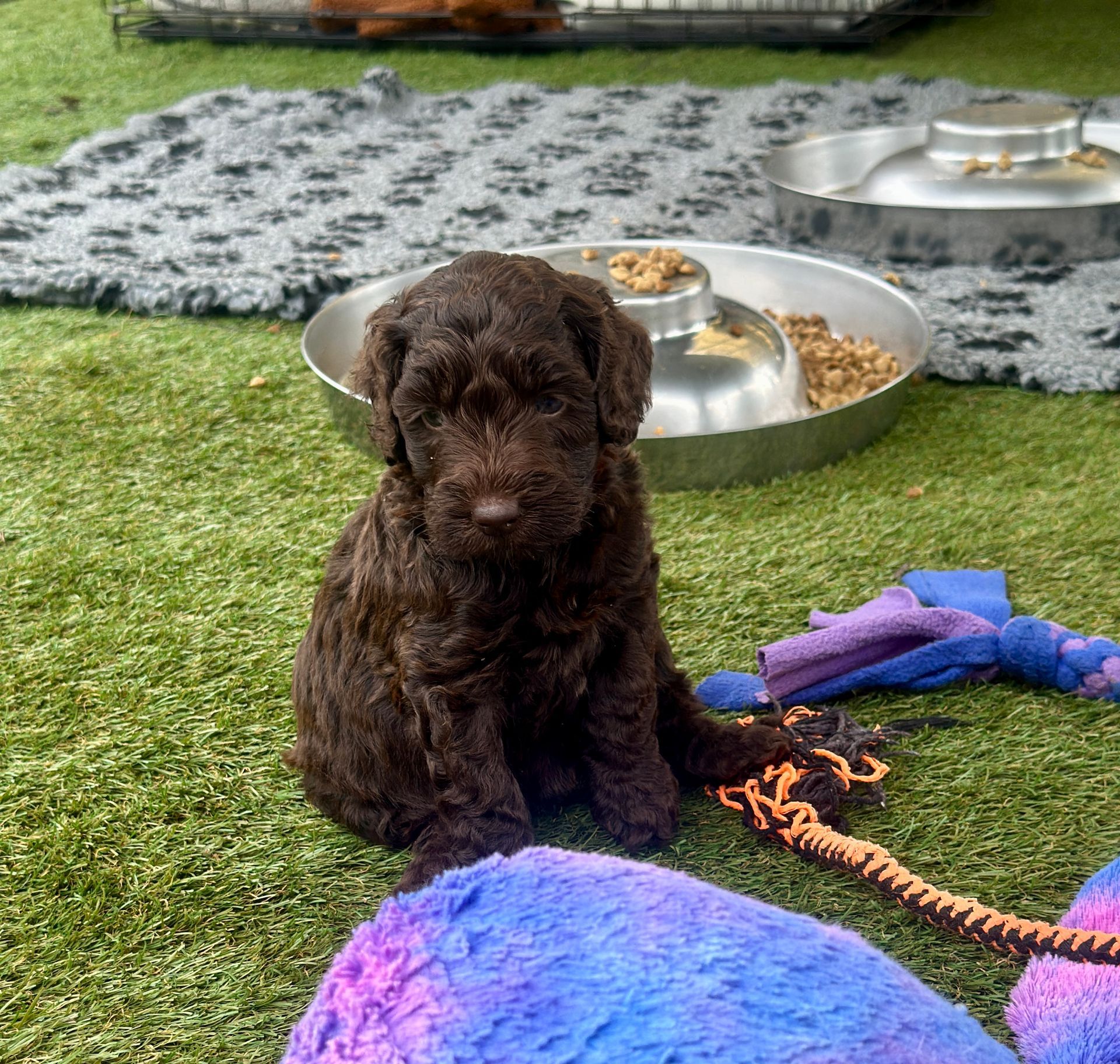Labradoodle
News & Stories
What to know before buying a puppy
Bringing a puppy into your life needs to be a well considered decision
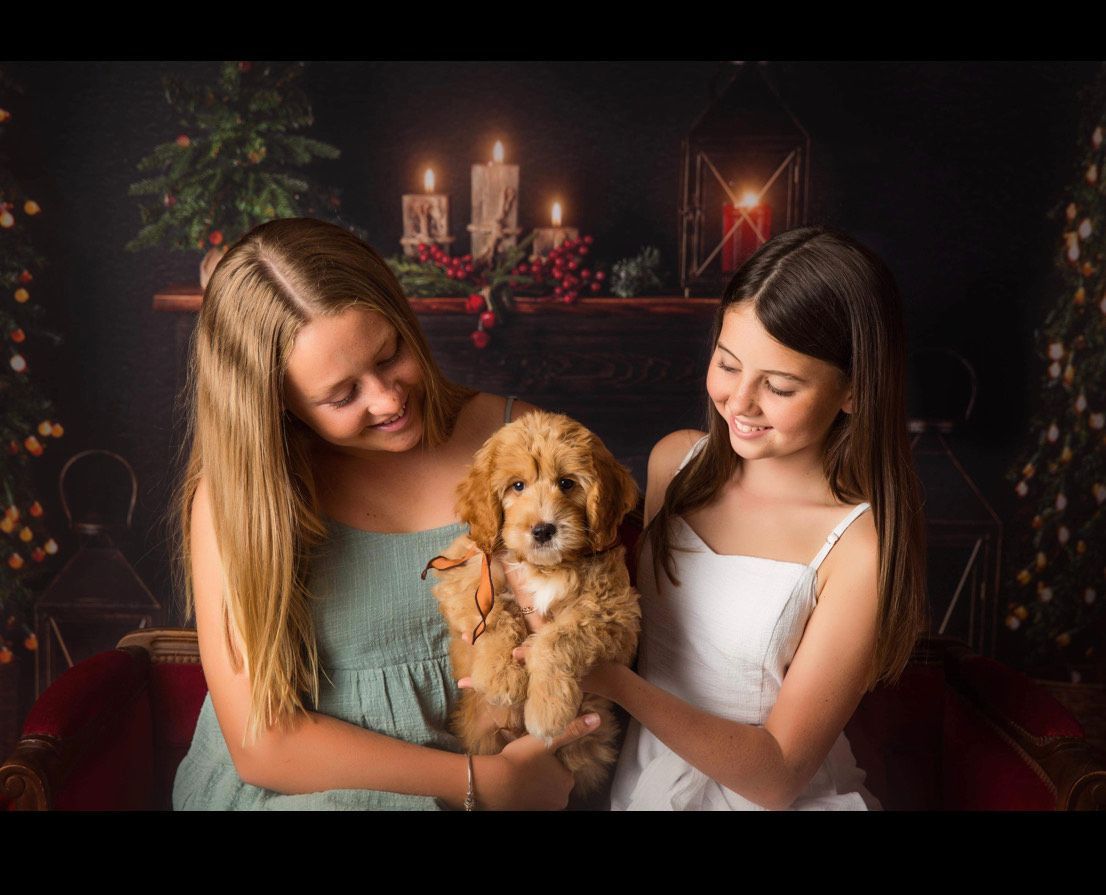
Bringing a puppy into your life is an exhilarating journey filled with wagging tails, wet noses, and boundless affection. However, amidst the excitement, it's crucial to tread carefully and be well-prepared for the responsibilities that come with canine companionship. Whether you're a first-time pet parent or adding another furry friend to your family, here are some indispensable considerations to ponder before taking the plunge into puppy parenthood.
- Research Breeds Thoroughly: One of the most pivotal decisions you'll make is selecting the right breed that aligns with your lifestyle, living situation, and energy levels. Each breed boasts distinct characteristics, such as size, temperament, exercise requirements, and grooming needs. Take your time to research breeds extensively and ensure the one you choose complements your preferences and capabilities. Australian Labradoodles need to be exercised regularly and do like to spend time with their owners, they need formal training and consistent boundaries.
- Financial Preparedness: Owning a puppy entails financial commitments beyond the initial adoption or purchase fee. Factor in expenses like food, veterinary care, grooming, training classes, toys, and accessories into your budget. Additionally, unforeseen medical emergencies or behavioral issues might arise, so having a financial buffer is essential to provide the best care for your furry friend.
- Time and Commitment: Puppies demand a considerable amount of time, attention, and patience. From potty training and socialisation to obedience training and exercise, investing time in your puppy's development is paramount for fostering a well-behaved and happy companion. Assess your schedule and lifestyle to ensure you can devote ample time to meet your puppy's needs and provide the companionship and stimulation they require.
- Space and Living Arrangements: Consider your living space and environment when contemplating bringing a puppy home. While some breeds adapt well to apartment living, others thrive in homes with spacious yards for frolicking and exploration. Ensure your living arrangements are conducive to accommodating a puppy, with sufficient space for them to roam, play, and relax comfortably.
- Long-Term Commitment: Acquiring a puppy is a long-term commitment that spans over a decade or more. Ensure you're prepared for the responsibilities and adjustments that come with caring for a canine companion throughout their life stages, from playful puppyhood to serene senior years. Assess your readiness for the emotional, physical, and financial obligations of pet ownership before making the commitment.
- Health and Wellness: Prioritise your puppy's health and wellness by scheduling regular veterinary check-ups, vaccinations, and preventive care. Research reputable veterinarians in your area and establish a healthcare regimen tailored to your puppy's specific needs. Additionally, maintain a nutritious diet, regular exercise routine, and proper grooming practices to promote your puppy's overall well-being.
- Training and Socialisation: Proper training and socialization are pivotal for shaping your puppy into a well-mannered and sociable companion. Enroll in puppy training classes or seek guidance from professional trainers to instill essential obedience commands and address behavioral issues effectively. Expose your puppy to various people, animals, environments, and experiences to foster confidence, resilience, and positive interactions.
- Pet Compatibility: If you have existing pets at home, consider their temperament, age, and compatibility with a new puppy. Introduce them gradually in a controlled environment to gauge their interactions and ensure harmonious coexistence. Supervise their initial interactions and facilitate positive associations to foster a bond built on mutual respect and camaraderie.
Bringing a puppy into your life is a joyous and rewarding experience, but it also entails a myriad of responsibilities and considerations. By contemplating these essential factors before embarking on your journey as a pet parent, you'll be better equipped to provide a loving, nurturing, and fulfilling life for your furry companion. Remember, the bond between a human and their canine counterpart is forged through patience, commitment, and unwavering devotion, creating a lifelong friendship that enriches both hearts and homes.

